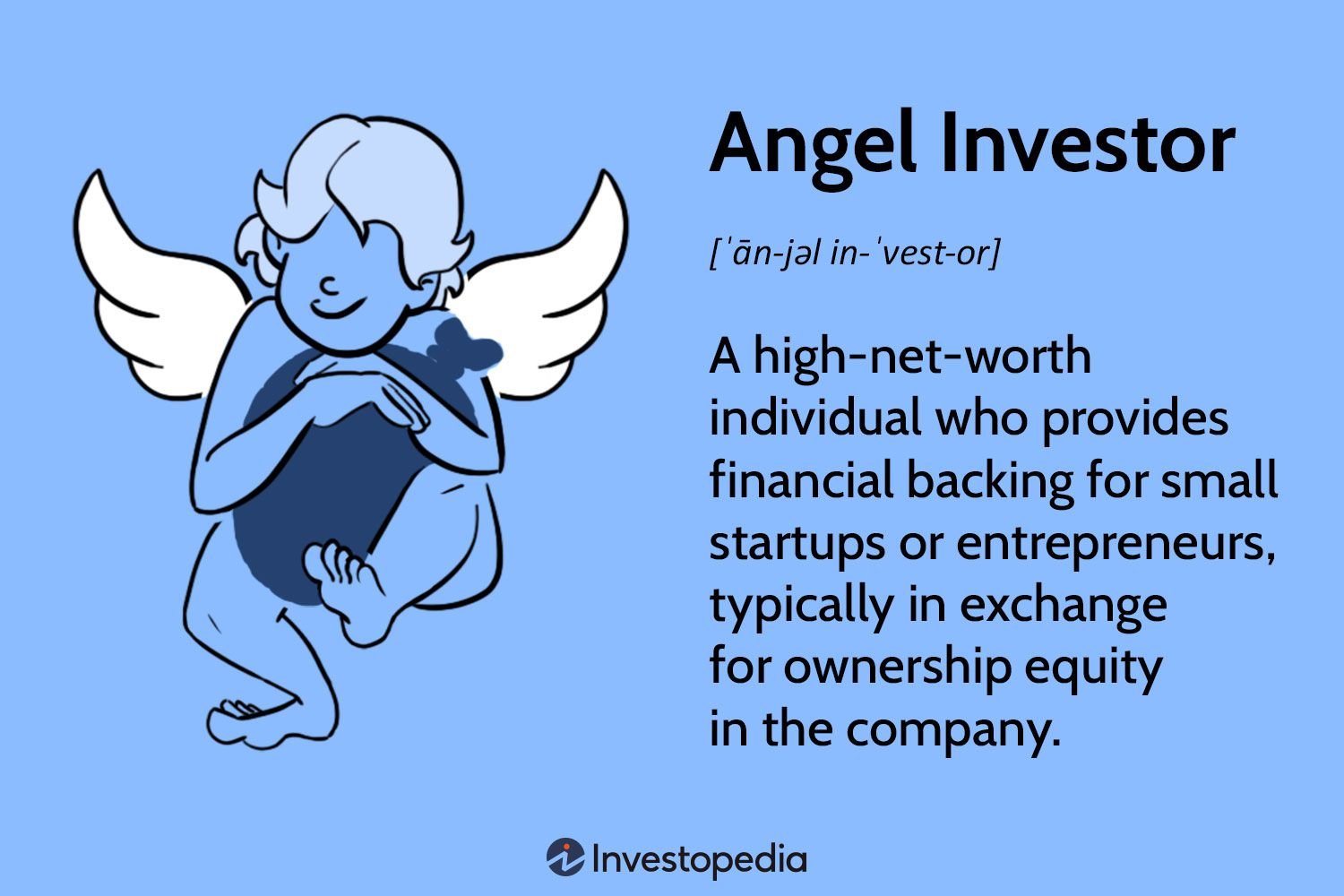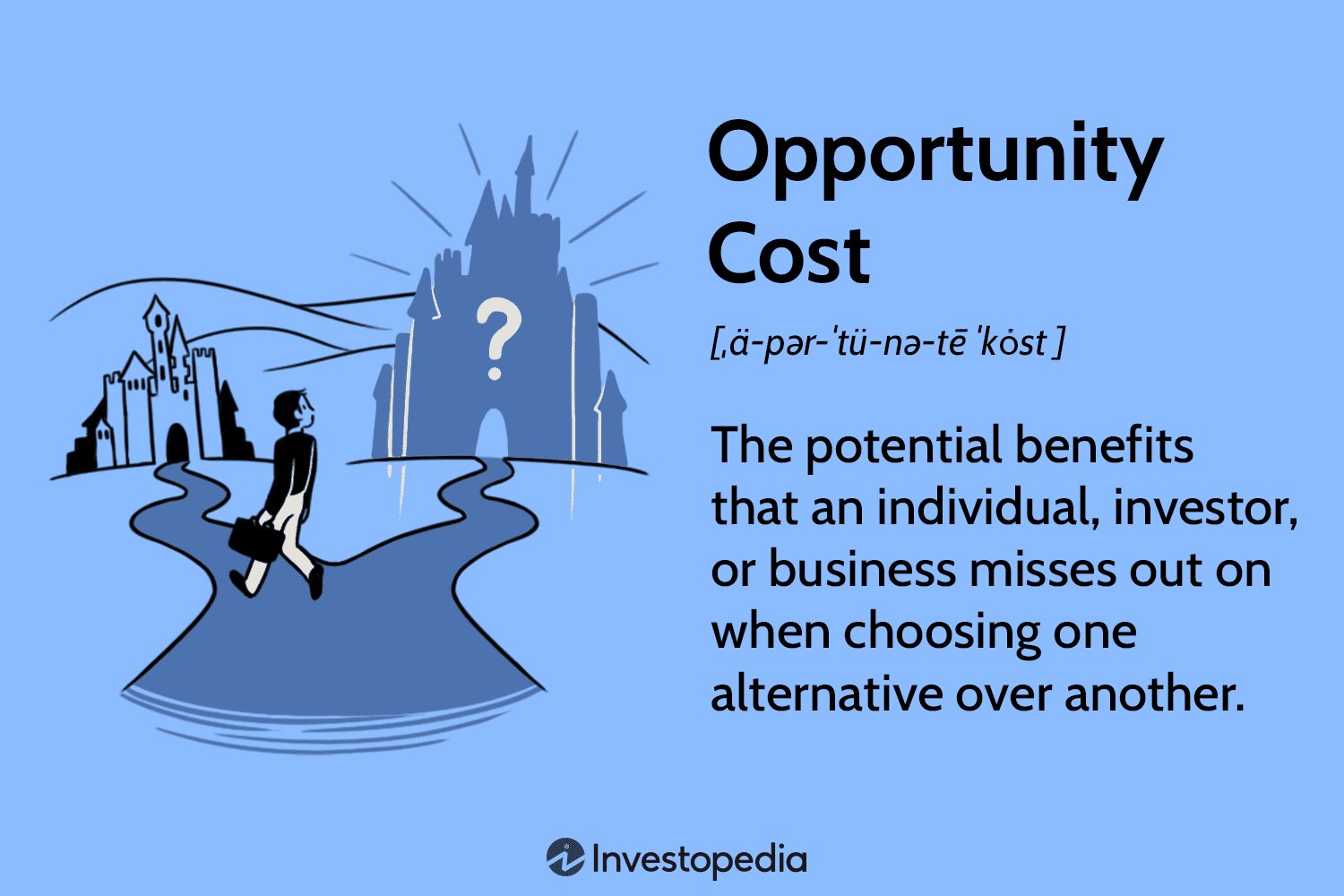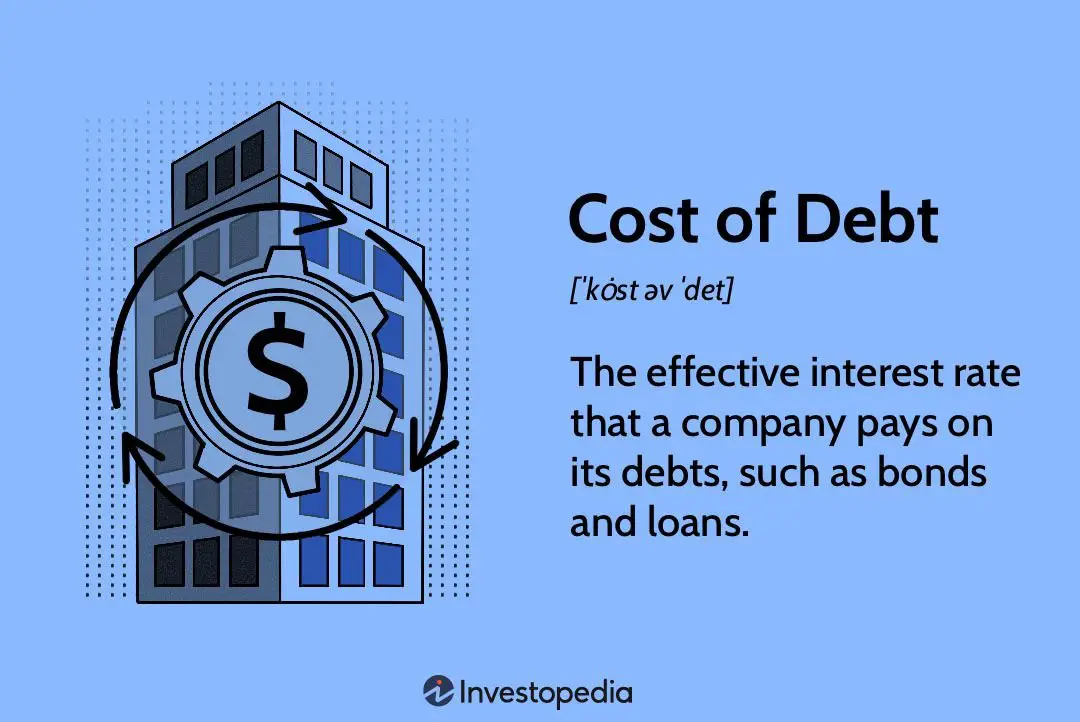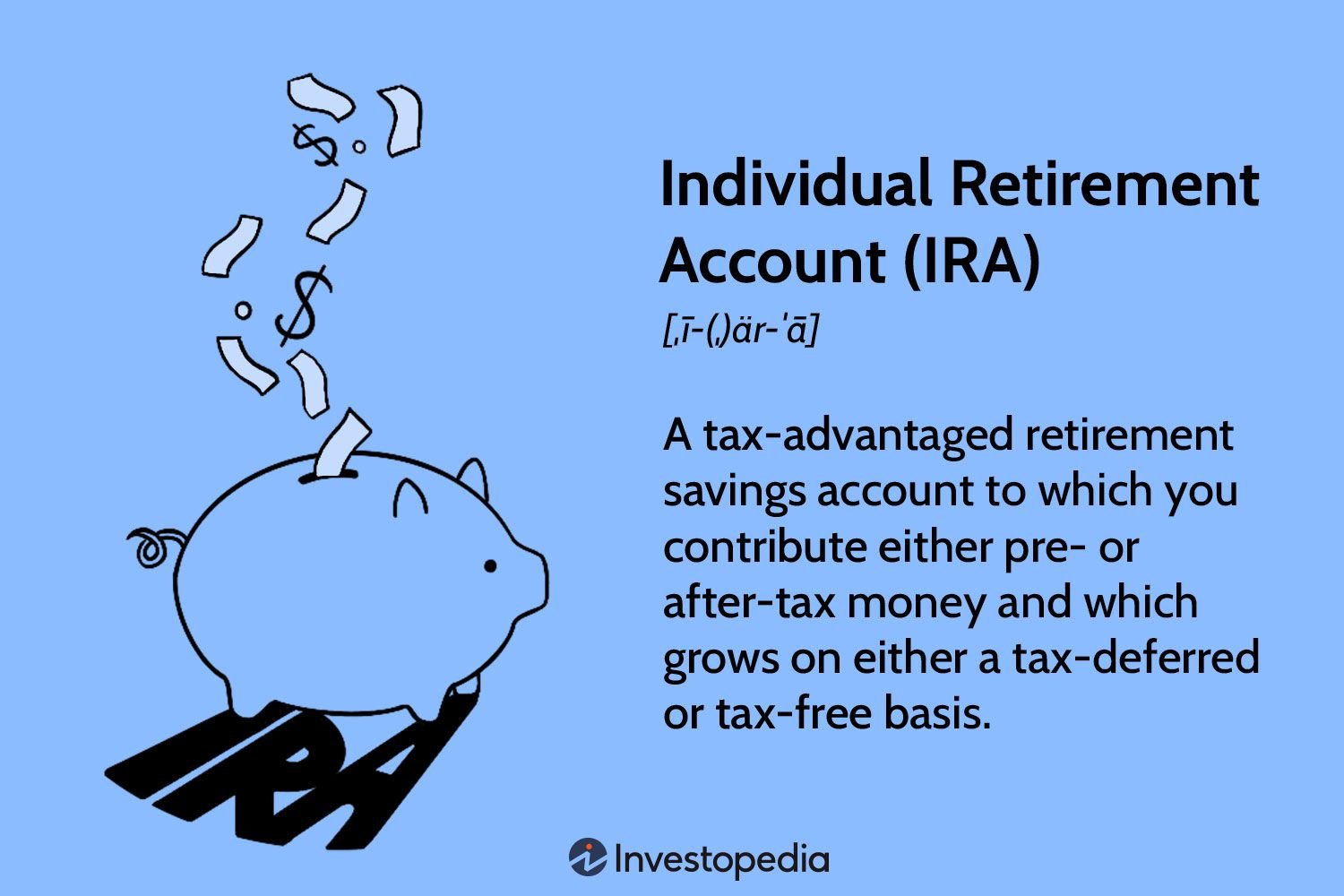Welcome to our blog article on what is an angel investor in startups. If you’ve ever wondered how entrepreneurs fund their dreams and bring their innovative ideas to life, you’ve come to the right place. An angel investor in startups is an individual or group of individuals who provide financial backing and support to early-stage ventures. They are often experienced business professionals who offer their expertise, network, and resources to help startups grow and succeed. In this article, we will delve deeper into the world of angel investors and explore how their involvement can make a significant impact on startup success. So, let’s dive in and uncover the fascinating realm of angel investing!
What is an Angel Investor in Startups?
Startups are innovative ventures that require significant financial resources to turn their ideas into reality. However, securing funding can be challenging for these early-stage companies, especially when traditional sources like banks or venture capital firms may be hesitant to invest in unproven ideas. This is where angel investors come in.
An angel investor is an individual who provides financial support to startups in exchange for a stake in the company. They are typically high-net-worth individuals with a keen interest in investing in promising business opportunities. Angel investors contribute their own personal funds and often bring their expertise, experience, and networks to help the startups succeed.
Characteristics of Angel Investors
Angel investors are not just ordinary investors; they possess certain characteristics that set them apart:
- High-net-worth individuals: Angel investors are typically affluent individuals with a considerable amount of personal wealth.
- Entrepreneurial experience: Many angel investors have been successful entrepreneurs themselves and have firsthand knowledge of the challenges faced by startups.
- Long-term vision: Unlike traditional investors who may focus more on short-term returns, angel investors often have a longer-term perspective and are willing to wait for the startup to grow and mature.
- Passion for innovation: Angel investors are often motivated by the opportunity to support and be a part of the next big thing, fueling their passion for innovative ideas.
- Willingness to mentor: Angel investors not only provide funding but also offer guidance, mentorship, and access to their networks to help startups navigate the challenges of building a successful business.
The Role and Benefits of Angel Investors
Angel investors play a crucial role in the startup ecosystem. Their involvement provides numerous benefits for both the startups and the investors themselves:
1. Providing Early-Stage Capital:
Startups often struggle to secure funding in their early stages when they have limited track records. Angel investors fill this gap by providing the necessary capital to kickstart the business, covering expenses such as product development, marketing, and hiring key talent.
2. Fueling Innovation:
Angel investors embrace innovation and are drawn to startups with disruptive ideas. By funding these ventures, they enable the development and advancement of groundbreaking technologies, products, and services that can reshape industries and bring about positive change.
3. Access to Diverse Investment Opportunities:
Investing in startups allows angel investors to expand their investment portfolios beyond traditional assets. Startups offer the potential for high returns on investment, and by diversifying their holdings, angel investors can mitigate risks and enhance their overall investment strategy.
4. Potential for Significant Returns:
While investments in startups come with inherent risks, they also offer the potential for substantial returns. If a startup succeeds and grows, the value of the angel investor’s stake can increase significantly, resulting in substantial financial gains.
5. Networking and Relationship Building:
Angel investors often have extensive networks and industry connections built over their years of experience. Startups benefit from access to these networks, as it can open doors to potential customers, partners, or additional sources of funding. For angel investors, building relationships with promising entrepreneurs and fellow investors can lead to future investment opportunities and collaborations.
6. Personal Fulfillment:
Beyond financial gains, angel investors often find personal fulfillment in supporting and nurturing startups. They become part of the journey, offering guidance and mentorship, and witnessing the growth and success of the companies they back.
How Angel Investors Evaluate Startups
Angel investors carefully evaluate startups before deciding to invest. They consider various factors to assess the potential for success:
1. Market Opportunity and Potential:
Angel investors look for startups operating in markets with significant growth potential. They assess the market size, competition, and the startup’s unique value proposition to determine if there is a viable opportunity for the business to thrive.
2. Business Model and Revenue Generation:
Investors analyze the startup’s business model to understand how it plans to generate revenue and achieve profitability. They assess the scalability and sustainability of the model, ensuring it has the potential to grow and adapt to changing market dynamics.
3. Team and Founder’s Capabilities:
The founder’s capabilities and the strength of the startup team are crucial factors for angel investors. They assess the founders’ experience, expertise, and passion, as well as the team’s ability to execute the business plan and overcome challenges.
4. Competitive Advantage:
Investors consider the startup’s competitive advantage and barriers to entry. This includes evaluating intellectual property, technology, unique features, or strategic partnerships that give the startup a distinctive edge over its competitors.
5. Financial Projections and Exit Strategy:
Angel investors analyze the startup’s financial projections and evaluate the realism and potential for growth. They also consider the potential exit strategy, such as an initial public offering (IPO) or acquisition, which allows them to realize their investment returns.
Angel Investor vs. Venture Capitalist
While angel investors and venture capitalists (VCs) both provide funding to startups, there are notable differences between the two:
1. Stage of Investment:
Angel investors typically invest in the early stages of a startup’s life, often during the seed or pre-seed stage when the business is still in its infancy. VCs, on the other hand, typically invest in later stages when the startup has demonstrated some level of traction and growth potential.
2. Investment Size:
Angel investors invest smaller amounts of capital compared to VCs. Angels may invest anywhere from a few thousand dollars to a few million dollars, while VCs often invest larger sums, ranging from a few million to hundreds of millions of dollars.
3. Decision-Making Process:
Angel investors can make investment decisions based on their personal preferences since they use their own funds. VCs, on the other hand, often have multiple partners and investment committees involved in decision-making, which can lead to a more structured and time-consuming process.
4. Involvement and Support:
Angel investors typically take a more hands-on approach and provide mentorship and guidance to startups. VCs may also provide support, but their involvement tends to be more focused on the financial aspects of the business.
5. Risk Appetite:
Angel investors are generally more willing to take risks on early-stage startups with unproven business models. VCs, being professional investment firms, often prefer startups that have already demonstrated some degree of market traction and potential.
Angel investors play a vital role in the startup ecosystem by providing early-stage capital, expertise, and networks to help startups turn their innovative ideas into successful businesses. Their involvement fuels innovation, promotes economic growth, and offers aspiring entrepreneurs a chance to bring their visions to life. For angel investors, it presents an opportunity to support and be a part of the next big thing while potentially realizing significant financial returns. The symbiotic relationship between angel investors and startups creates a dynamic environment where innovation thrives, contributing to the overall advancement of society.
All About Angel Investing
Frequently Asked Questions
Frequently Asked Questions (FAQs)
What is an angel investor in startups?
An angel investor, in the context of startups, refers to an individual who provides financial support to early-stage companies in exchange for equity ownership. These investors are often experienced entrepreneurs themselves and are willing to take higher risks compared to traditional investors.
How does an angel investor differ from other types of investors?
Unlike venture capitalists or traditional investors, angel investors typically invest their own personal funds rather than pooling money from others. They are often more flexible in their investment criteria and can provide mentorship, industry expertise, and networking opportunities in addition to capital.
What motivates angel investors to invest in startups?
Angel investors are usually driven by a combination of financial returns and a desire to support innovation and entrepreneurship. They may also be motivated by the opportunity to be involved in exciting new ventures and share their knowledge with the next generation of entrepreneurs.
What criteria do angel investors consider when evaluating startups?
Angel investors consider various factors when evaluating startups, including the strength of the business idea, market potential, scalability, competitive advantage, the experience and commitment of the founding team, and the potential for a profitable exit strategy.
How involved are angel investors in the operations of startups?
The level of involvement varies depending on the angel investor and the specific circumstances. Some angel investors prefer to maintain a hands-off approach and provide support mainly in the form of capital and advice. Others may take on a more active role by joining the startup’s board of directors or providing ongoing guidance and mentorship.
What is the typical investment range for angel investors in startups?
The investment range for angel investors can vary significantly, but it is common for investments to range from a few thousand dollars to a few million dollars. The amount invested depends on factors such as the stage of the startup, its potential for growth, and the investor’s personal financial capacity.
What are the potential risks for angel investors in startups?
Angel investments in startups carry inherent risks due to the high failure rate of early-stage companies. Some of the risks include the possibility of the startup not generating enough revenue or failing to secure additional funding, market competition, regulatory challenges, and changes in the industry landscape.
How can startups find and connect with angel investors?
Startups can find and connect with angel investors through various channels, including attending networking events, participating in startup competitions, leveraging personal and professional connections, utilizing online platforms that connect startups with investors, and working with startup accelerators or incubators that have established networks of angel investors.
Final Thoughts
Angel investors play a crucial role in the startup ecosystem. They are high-net-worth individuals who provide early-stage funding and mentorship to promising startups. These investors are often experienced entrepreneurs themselves, and they invest their own money in exchange for equity in the company. By providing financial support and valuable industry knowledge, angel investors help startups navigate the challenges of launching and scaling their businesses. Additionally, they often serve as a bridge between startups and larger venture capital firms, increasing the chances of future investments. In summary, an angel investor in startups is a key player who provides capital and guidance to fuel the growth of early-stage companies.



